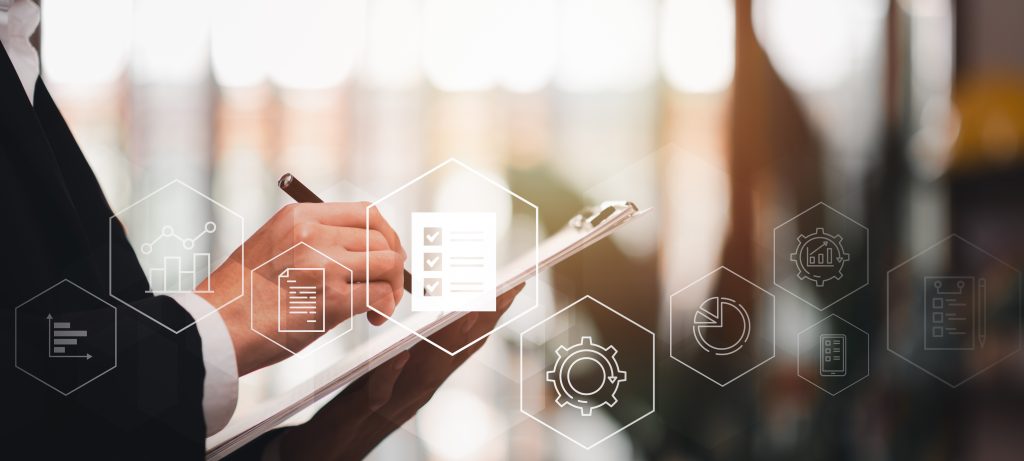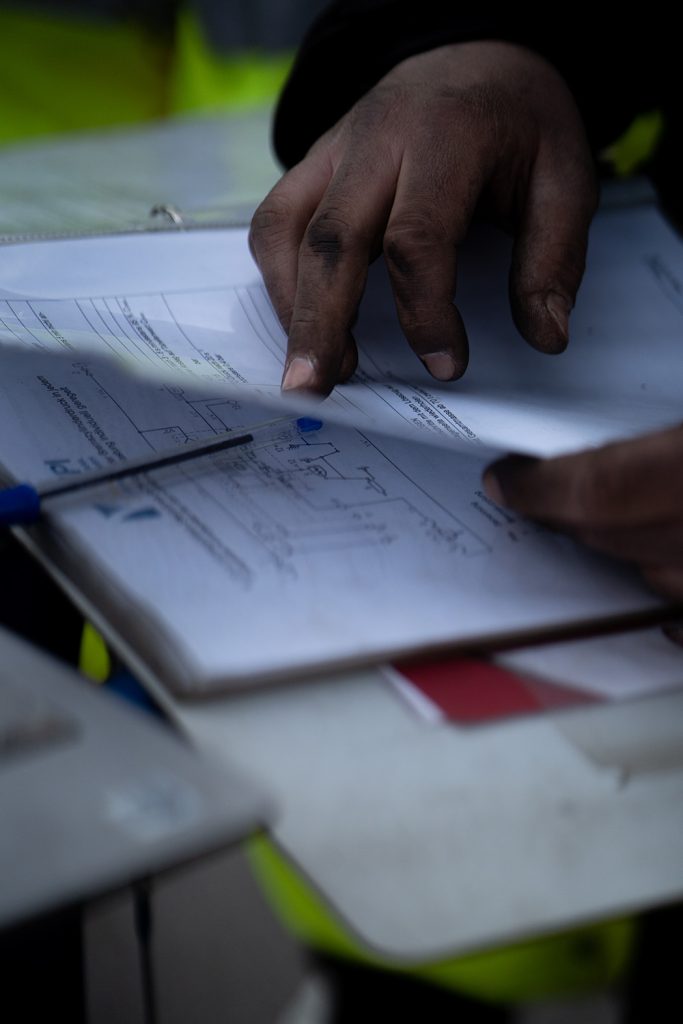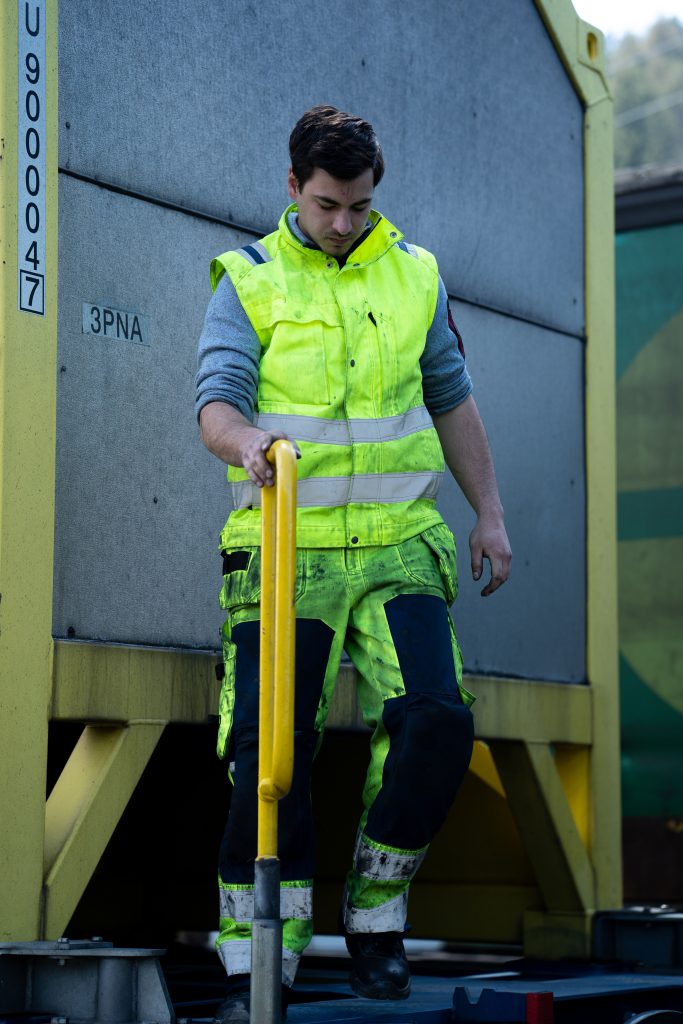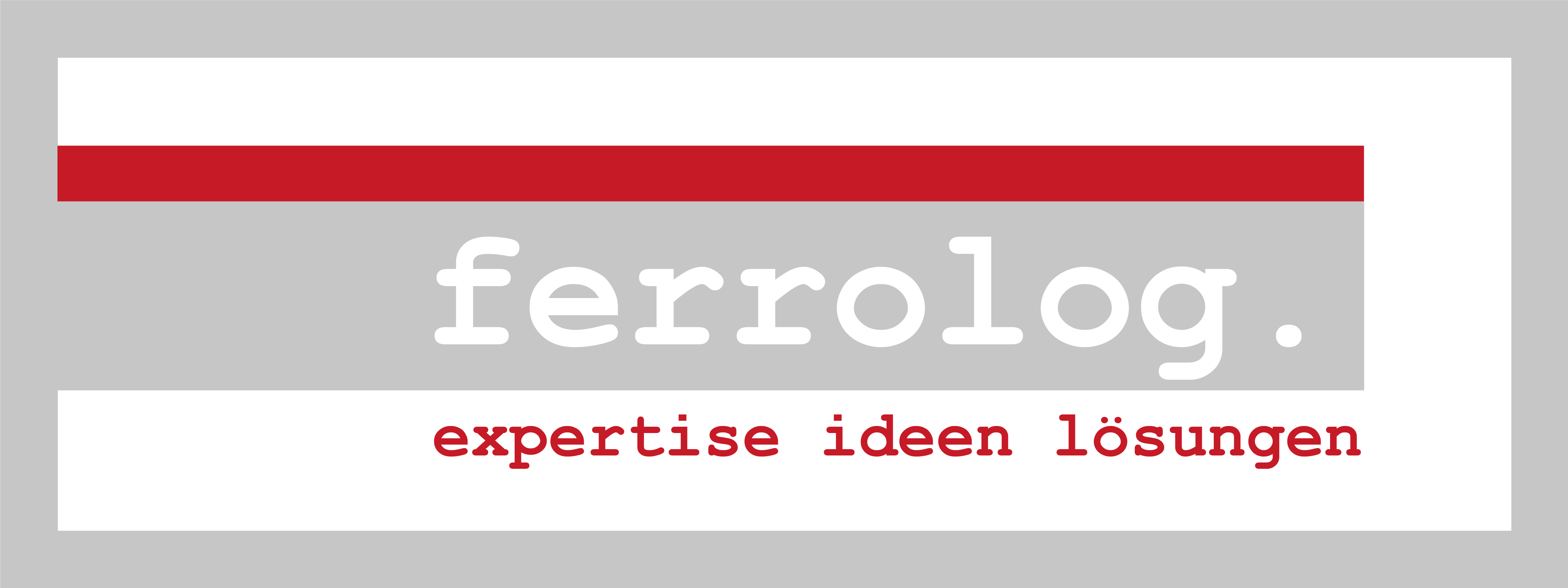Management systems
railroads
Management systems
railroads
Through our many years of experience, we are familiar with all aspects of the rail industry from an inside perspective. We provide our services for rail transport and infrastructure companies, rail vehicle manufacturers, maintenance workshops and vehicle rental companies, as well as for other industry-related companies, primarily in the DACH region, but basically throughout the entire EU area. Through the support of a wide variety of projects, we have built up a long-standing partnership with many of our customers, which has enabled us to build up a broad network that we can draw on when supplementary knowledge is required.

We are qualified as an operations manager as well as §40 persons according to. EisbG for mechanical engineering (electric traction units and trains, passenger and freight cars) and infrastructure. In addition, we are familiar with the relevant management systems (Safety Management Systems Rail “SMS” according to VO (EU) 2018/762; Maintenance Management Systems Rail “ECM” according to DVO (EU) 2019/779; Quality Management Systems according to DVO (EU) 2019/779. ISO 9001, environmental management systems acc. ISO 14001 and integrated management systems).
If your company is aiming for a certification of the above mentioned systems, we are your right partner due to our acquired expertise in system support. We advise you from the idea and accompany your projects until they are ready for certification. In doing so, we incorporate our knowledge into targeted support and then assist you in implementing the targeted system into your company’s ongoing processes.

The obligation to comply with safety management systems (SMS) in the rail sector is defined by national and international laws, regulations and standards in many countries and legal systems.
We support you in complying with SMS in your railroad companies!
Since June 2022, certification has been mandatory for all rail vehicles in accordance with the ECM Regulation. This important innovation marks a significant step towards strengthening safety and maintenance standards in rail transport.
We support you in complying with ECM requirements in your railroad companies!


The aim of quality management in the rail industry is to achieve and maintain the highest standards in terms of safety, efficiency and customer satisfaction.
We support you in complying with QM in your railroad companies!
In order to achieve the desired environmental performance, a company organization should establish and implement an environmental management system based on its environmental policy (i.e. its environmental protection objectives) as a first step.
We support you in the environmental management of your railroad company!


Energy management systems are crucial for companies that want to improve their energy efficiency, reduce energy costs and minimize their environmental impact.
We support you with your company’s energy management!
Health and safety at work should be a basic requirement for every company – ISO 45001 sets an internationally recognized standard for this.
We support you in the SGA management of your railroad company!


- Occupational health and safety ISO 45001
- Fire protection e.g. GRL 04
We support you!
After obtaining the certification, we continue to be available for our customers and advise them on the maintenance and further development of the systems. In addition, it is possible for us to take over management control functions (e.g. SMS-B, ECM-B, Risk-B) in your company or to carry out monitoring in the form of audits. This applies not only to internal controls, but also to supplier or workshop audits. In addition, we provide you with the necessary personnel (such as wagon technicians or train drivers) to guarantee your company’s day-to-day operations.
At the same time, we support our customers in all areas of the procurement and approval process for rail vehicles and provide assistance with fleet management tasks (e.g., taking over emergency services, implementing interface management).
In addition, we are authorized to implement activities within the scope of §40 person according to. EisbG for mechanical engineering and carry out measurement, test and trial runs as train drivers. We also ensure legal compliance and the preparation of interdisciplinary expert opinions and inspection certificates for operating licenses in accordance with the relevant regulations. EisbG for our customers.
Upon request, we provide our customers and partners with operational railroad personnel.

An integrated management system (IMS) is an approach in which different management systems used in an organization are combined to improve the efficiency and effectiveness of the management and control of business processes. Typically, different systems are integrated with each other in an IMS, such as:
(1) Quality management (e.g. ISO 9001): This management system focuses on improving product or service quality and customer satisfaction.
(2) Environmental management (e.g. ISO 14001): An environmental management system aims to integrate environmentally friendly practices into company processes and minimize environmental impacts.
(3) Occupational health and safety management (e.g. ISO 45001): This system focuses on the health and safety of employees in the workplace.
(4) Information security management (e.g. ISO 27001): This is about protecting sensitive information and ensuring information security.
The integration of these different management systems into an IMS offers a number of advantages:
(1) Increased efficiency: An IMS allows an organization to use resources more efficiently by not having to maintain and manage separate systems.
(2) Cost savings: The integration of management systems can reduce costs for training, monitoring and certification.
(3) Consistency: An IMS promotes the consistent application of policies and procedures across different areas.
(4) Improved communication: Integration facilitates communication and the exchange of information between different departments and levels of an organization.
(5) Risk management: An IMS makes it possible to view risks holistically and manage them appropriately.
(6) Increasing competitiveness: Organizations with an integrated management system are often better positioned to meet customer and regulatory requirements, which can increase their competitiveness.
(7) Sustainability: An IMS can contribute to achieving sustainability goals by harmonizing environmental aspects, health and safety and quality aspects.
(8) Simplified auditing: External audits and certifications can be carried out more easily and cost-effectively as fewer separate audits are required.
It is important to note that the successful implementation of an IMS requires careful planning and commitment, as the integration of different systems and processes can be a complex task. There are various international standards that can serve as a basis for the development of an IMS, such as ISO 9001, ISO 14001, ISO 45001 and ISO 27001. The selection of relevant standards depends on the objectives and needs of the organization.
The abbreviation “ISO” stands for “International Organization for Standardization”. ISO is an independent, international organization that develops and publishes norms and standards to promote the quality, safety (security) and efficiency of products, services and systems in various industries and sectors.
ISO was founded in 1947 and is headquartered in Geneva, Switzerland. It consists of national standardization bodies from different countries that work together to develop common standards. Each country has its own national standardization body (e.g. the Deutsche Institut für Normung e.V. – DIN in Germany), which works with ISO to ensure that international standards meet the needs of different countries and markets. This structure and its application ensures that management systems are standardized and standards can be easily compared.

